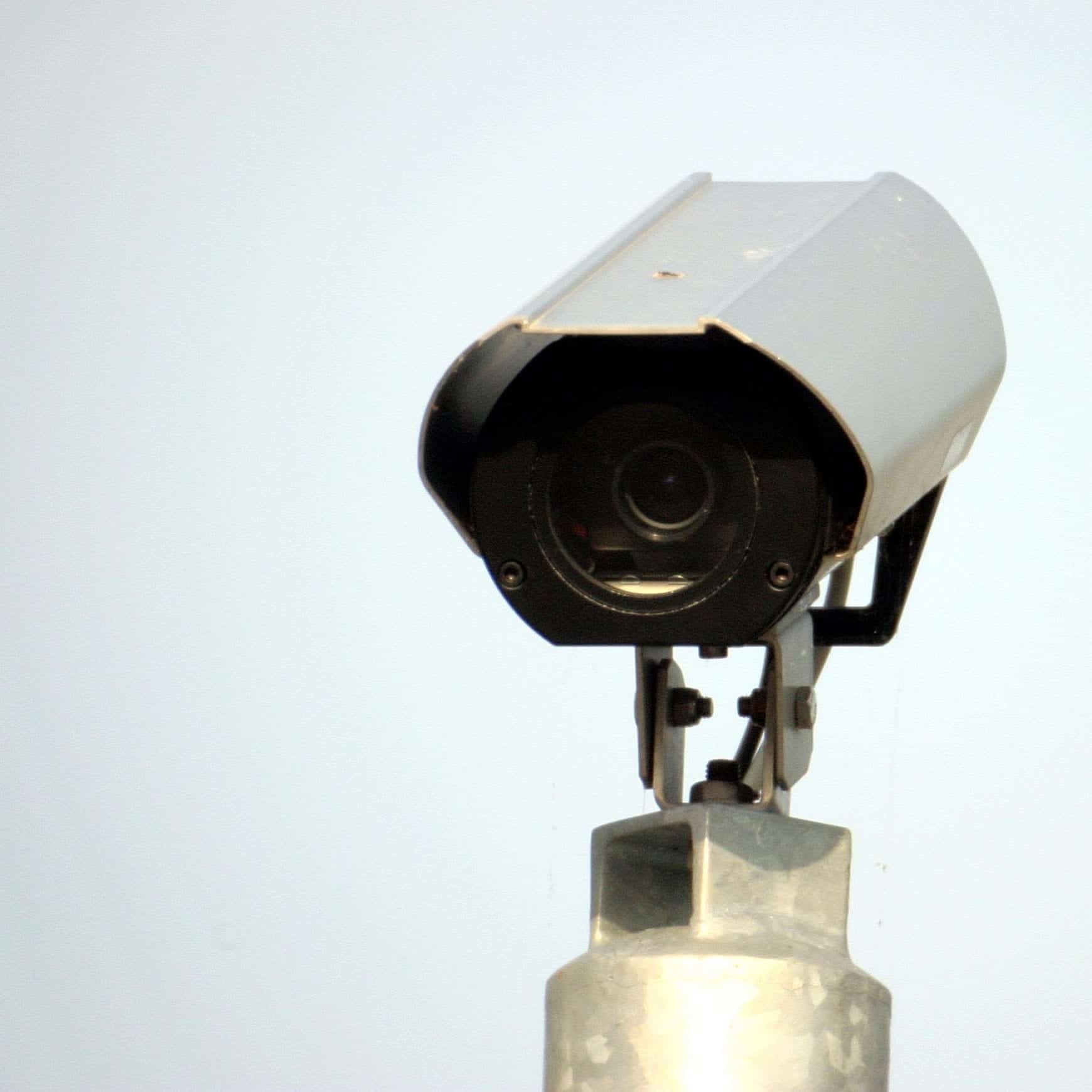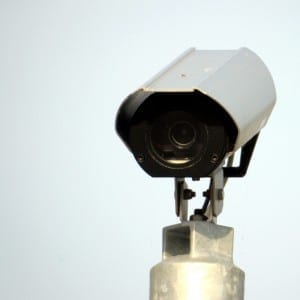The Big Brother State

The book turns into reality at Sochi
Article: Liam Fitz-Gerald – Contributor
[dropcaps round=”no”]T[/dropcaps]o those who value a reasonable expectation of privacy, these words ought to scare the hell out of you; “no expectation of privacy.” This is what the U.S. State Department has said to individuals planning to attend the upcoming Olympic Games in Sochi, Russia. Two prominent Russian journalists have revealed that the upcoming games will possess the most intensive surveillance measures ever seen at the Olympics. These measures include Deep Packet Inspection technology that will be installed on WiFi networks at Sochi, allowing Russia’s Federal Security Service (FSB) to have total access to communications. Other measures include monitor drones and closed circuit televisions.
Of course, creeping surveillance should be contextualized with recent events in Russia. On Dec. 29 and 30, 2013, the city of Volgograd was rocked by two despicable and horrendous acts of terrorism that killed 34 people and injured dozens more. The perpetrators appear to have been motivated by Doku Umarov, leader of the Caucasian Emirate, which seeks the establishment of an Islamic state in the Caucasus. Indeed, terrorism has been problematic in Russia, since the collapse of the Soviet Union in 1991.
While the slaughter of civilians and acts of terrorism are vile and there is a context for heightened security, great care should be taken so the rights of individuals are not trampled by an intrusive state security apparatus. At Sochi, WiFi and communications networks must have surveillance software built into them so the FSB can intercept emails and monitor key words of people with any WiFi device at Sochi. Not only that, but they’re storing the data for three years. The US state department has warned business people that trade secrets could be compromised. Gay rights activists should prepare to be pulled aside by FSB thugs.
It’s easy to promote security in times of uncertainty and times of constant imminent threats. What’s not easy is asking when security measures become too invasive and when we start to scale back. It’s worrisome because it’s not just Russia upping surveillance. Edward Snowden fled the U.S. and received asylum (ironically) in Russia. In 2012, many Canadians had a row with the Tories over “lawful access” provisions that would allow law enforcement to eavesdrop on Canadians Internet usage.
Why is this problematic? How can there be change and critical discussions in society if an entire apparatus is monitoring communications? Some souls may be brave enough to speak out, but many will be scared silent. Why speak out if a government or an employer can cut off your livelihood for holding a certain political view or advocating different economic views? A discussion about increasing security and its consequences are long overdue, both in Russia and in North America.
[button style=”e.g. solid, border” size=”e.g. small, medium, big” link=”” target=””]Image: Rama[/button]










